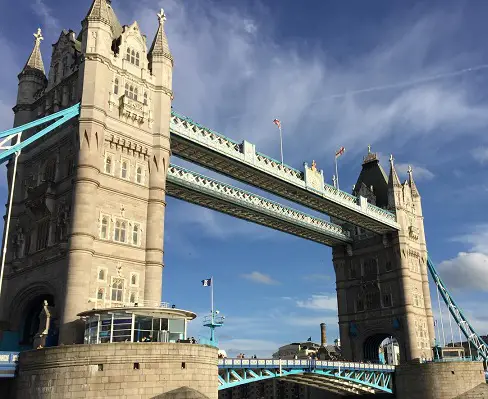A member of the Bank of England’s rate setting committee has said they may have to raise UK interest rates to 2% or more to get control of soaring inflation. Michael Saunders said rates “still have some way to go,” before they will be high enough to control rising prices. At the last meeting of the Bank of England’s Monetary Policy Committee (MPC) Saunders voted to raise rates to 1.5%.
Currently interest rates in the UK are at 1.25%, up from December’s rate of 0.1%, as inflation sits at 9.1%, a 40 year high which is expected to continue to rise into the fall.
Economists theorize raising interest rates will reduce purchasing by reducing the amount of borrowed money available to consumers. As people purchase less, demand declines, and prices follow. However experts fear in this cycle raising interest rates will do little to stem the rise in prices given current inflation is an outgrowth of rising energy prices, and not an increase in purchasing as the economy overheats. So the economy is already slowing due to the inflation. Some fear that will make it more likely raising rates will tip economies already laboring under high energy costs, sending them into recessions.
Mr Saunders argued that if the bank failed to act with force now, it risked doing “too little too late.” He added, “In my view, the cost of the second outcome – not tightening promptly enough – would be relatively high at present.”
He noted also, that as inflation “erodes real incomes and spending,” it was producing visible signs the economy was already slowing.
However he noted, “This slowdown must be gauged against the backdrop that the economy early this year was in excess demand, potential growth is low, recruitment difficulties are elevated, and there is a sizeable backlog of unmet labour demand.”

